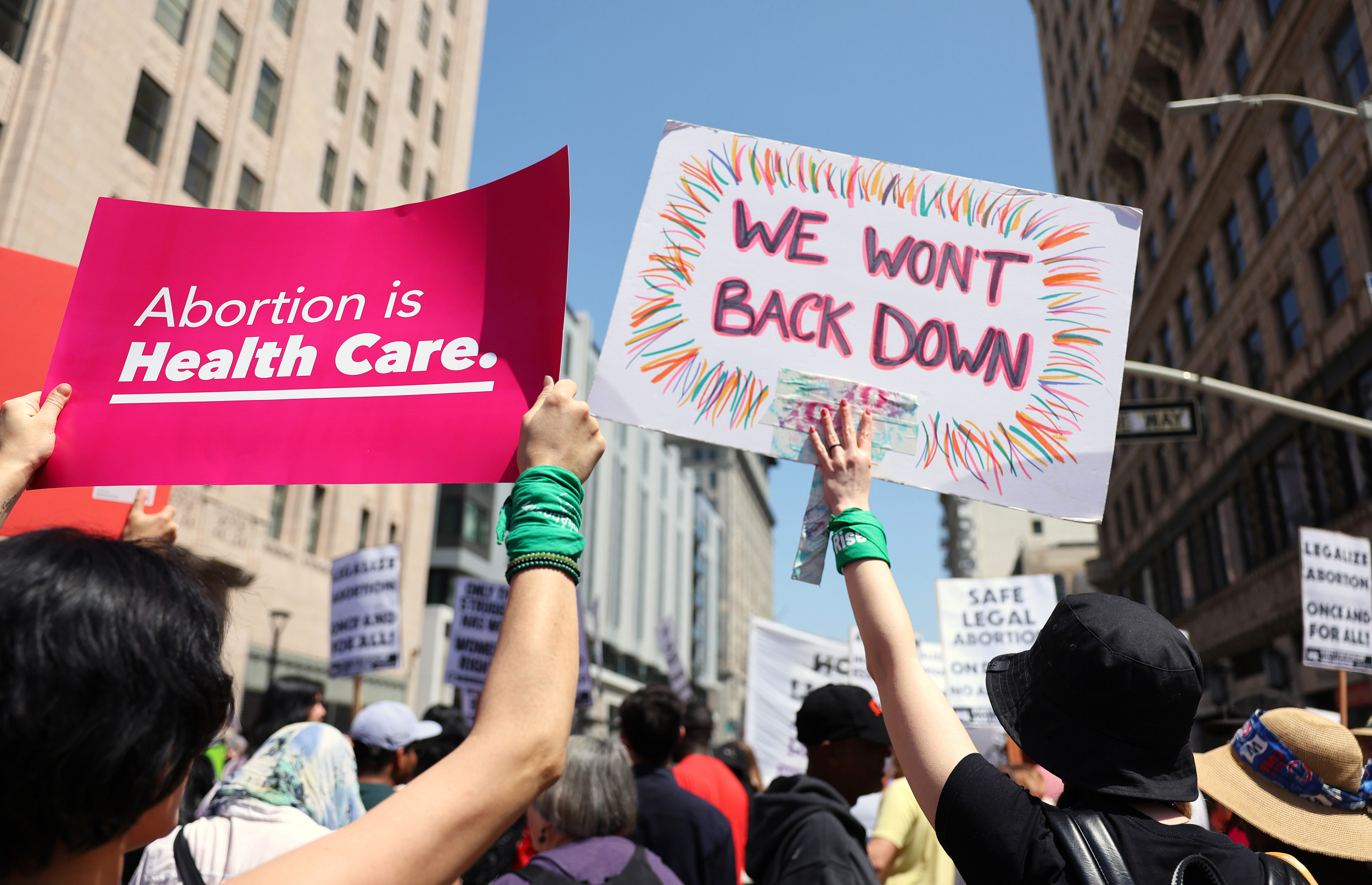
If elections were simply endurance contests, Venezuela's Oct. 7 presidential contest would be a romp. Young, hyperactive, and these days sweating, Henrique Capriles Radonski of the opposition coalition has turned the race in this oil-rich, politically vertiginous South American nation into a political version of the Ironman Triathlon. Juiced by opinion polls that show him gaining on incumbent Hugo Chávez, the governor has been tearing around Venezuela to make his case. Covering several towns in a day, his stamina is politico-athletic as he addresses crowds, greets press, and shoots hoops with the kids.
Lean and tall with the looks of a telenovela gallant, Capriles cuts a sharp contrast to the hefty Chávez, whose bout with cancer is well known. At 26, Capriles became the youngest federal legislator and then the youngest president of the Chamber of Deputies. Next came a term as mayor of Baruta, a subdistrict of Caracas, where he was briefly jailed, on charges (later dropped) of inciting violence against the Chávez regime. But he deftly parlayed his brush with Chavismo into political capital, branding himself as the rising star of the opposition to Chávez's "Bolivarian" revolution. In 2008, he was elected governor of populous Miranda state, soundly defeating Chávez's handpicked candidate, Diosdado Cabello, capping it with a win earlier this year to become the candidate of the Coalition for Democratic Unity. Though voter surveys in Venezuela are famously erratic, a recent poll by Consultores 21 for the first time showed him ahead of Chávez in the race for president.
Venezuela should be ripe for electoral upheaval. With fertile soil, scrappy entrepreneurs, and a huge cache of crude oil, the country ought to be an economic juggernaut. But more than a decade of errant Bolivarian rule has left its mark: power failures, scarcity of even basic consumer goods, the worst inflation rate (21 percent) in the Americas, and a crumbling infrastructure. On Aug. 25, an explosion at an oil refinery in western Venezuela killed 42 people, apparently just one of hundreds of fires at that complex during the past year. Crime, too, is exploding. Venezuela recorded 19,336 murders last year—or 53 a day, South America's highest homicide rate. And yet, puzzlingly, Chávez's approval ratings, though at a historic low of around 50 percent, have not collapsed. Why the resilience? Venezuela's strongman has ruled for 13 years with a microphone in one hand and a checkbook in the other. One in two Venezuelans receives some government aid, thanks to petrodollars. And Chávez has a chokehold on the media that would make Beijing blush. While Capriles sprints, Chávez talks—on primetime, to millions. After all these years, says Diego Arria, a retired Venezuelan diplomat and former presidential hopeful, "he is the only leader most people know." No wonder Capriles is sweating.
In the original article, we wrote that Capriles had served as Venezuela's youngest president of Congress. In fact, he was the youngest president of the Lower House of Congress, the Chamber of Deputies, which has since been scrapped by Chavez for a unicameral legislature.
Uncommon Knowledge
Newsweek is committed to challenging conventional wisdom and finding connections in the search for common ground.
Newsweek is committed to challenging conventional wisdom and finding connections in the search for common ground.
About the writer
To read how Newsweek uses AI as a newsroom tool, Click here.






